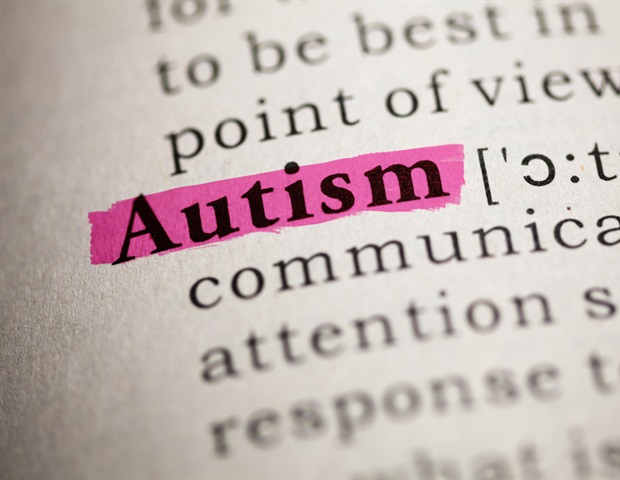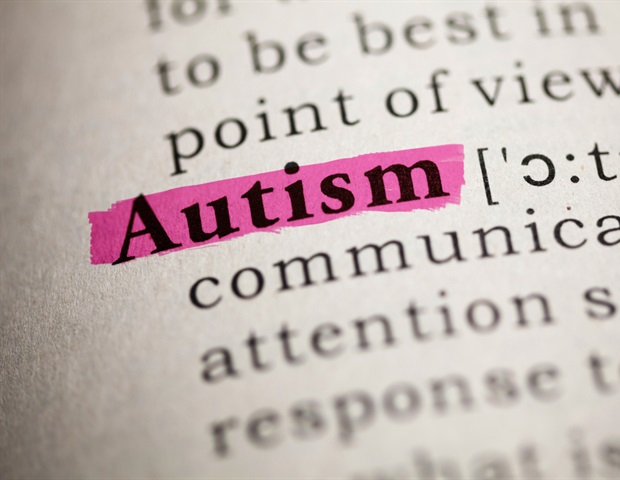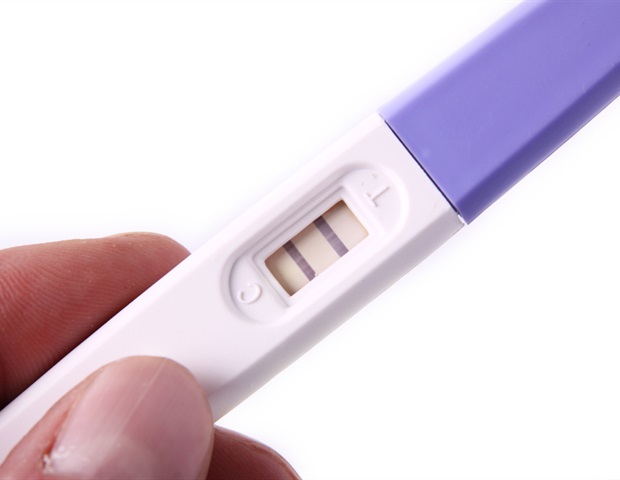
A research study, led by Maurizio Battino and Francesca Giampieri, with a group of researchers from the Universidad Europea del Atlántico (European University of the Atlantic, UNEATLANTICO), published in the journal “Pharmacological Research”, studies various pharmacological, non-pharmacological, and stem cell therapies for the treatment of autism spectrum disorders. The study was also supported by Jiangsu University, Zhenjiang of China.
In recent years, an alarming increase in the prevalence of autism spectrum disorders (ASD) has been observed. It is estimated that, in the United States, one in 59 children is diagnosed with ASD, while in Europe the figure is one in 89 children. ASD is characterized by limited and repetitive behavior patterns and difficulties in communication and social activities. Although several risk factors, both genetic and environmental, related to ASD have been identified, the mechanisms that cause this condition are not yet fully understood.
So far, medications prescribed for the management of ASD are mainly focused on controlling some associated symptoms. However, none of them are effective in addressing the core symptoms of ASD, such as difficulties in communication and social interaction and the presence of restricted and repetitive behaviors. It is in this context that the need to explore alternative therapies arises.
These researchers developed a study entitled “Pharmacological, Non-Pharmacological, and Stem Cell Therapies for the Management of Autism Spectrum Disorders: A Focus on Human Studies”, in which they explore emerging therapies based on the use of stem cells. The study demonstrated that hematopoietic and mesenchymal stem cell transplantation in children with ASD has shown promising results. These stem cells stimulate the recruitment, proliferation, and differentiation of native stem cells in the body, reducing inflammation and, thus, ameliorating some of the problems associated with ASD. These cells are characterized by their capacity for self-renewal and differentiation into different cell types, which makes them an attractive option for regenerating damaged cells in the brains of individuals with ASD.
Although the research study is in its preliminary stages, promising studies have been conducted in animal models and some clinical cases in humans. If positive results are confirmed, stem cell therapies could offer real hope for ameliorating some of the challenges associated with ASD and developing new therapeutic approaches.
On the other hand, non-pharmacological therapies have also been researched to address comorbidities associated with ASD, such as immune dysfunction, gastrointestinal disorders, and gut microbiota dysbiosis. Specific dietary supplements, such as certain vitamins, omega-3 polyunsaturated fatty acids, probiotics, and some phytochemicals (e.g., luteolin and sulforaphane); as well as general dietary interventions, such as gluten-free and casein-free diets, have been considered to reduce such comorbidities and improve the quality of life of people with ASD.
In summary, the complexity of ASD demands a multidimensional approach to its management. Current pharmacological therapies only address part of the symptoms and must be complemented with other more holistic therapeutic approaches to obtain better results. Stem cell transplantation and non-drug therapies may represent new hope for those facing the challenge of ASD. In addition, it is essential to continue promoting research in this field to discover even more therapeutic advances and improve the quality of life of people with ASD.
Source:
Universidad Europea del Atlántico









